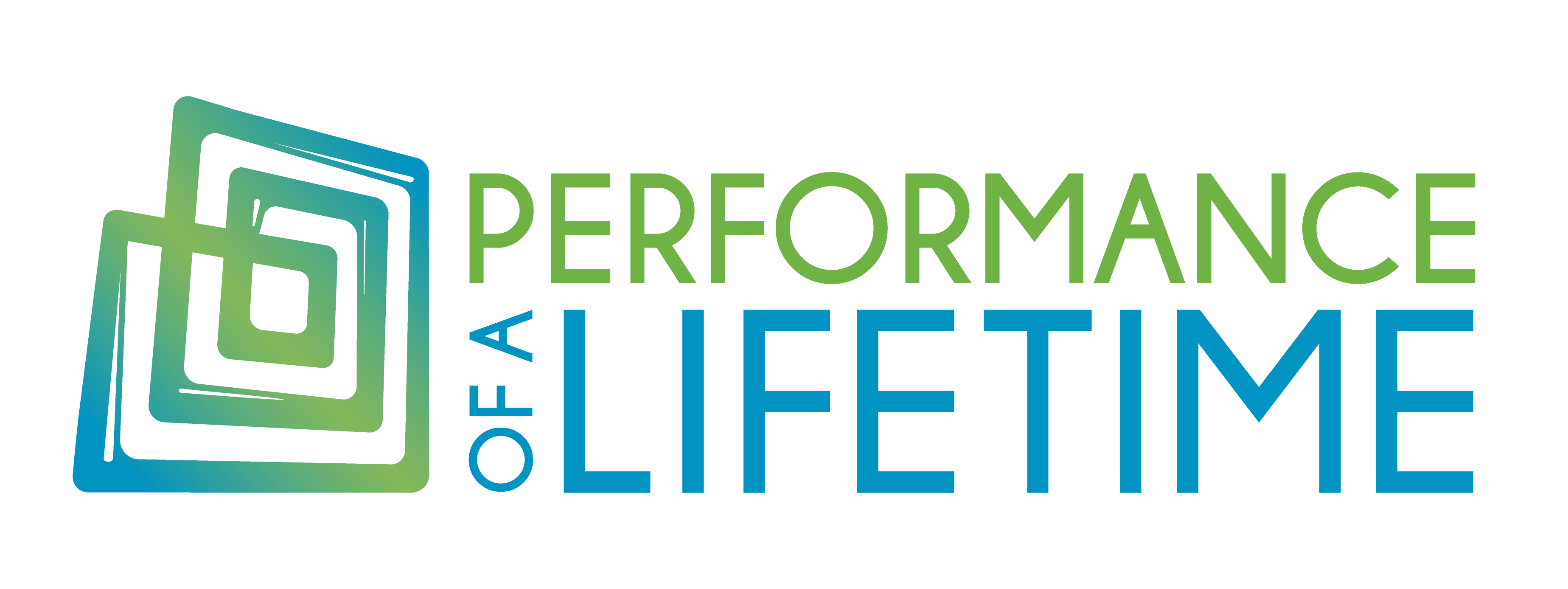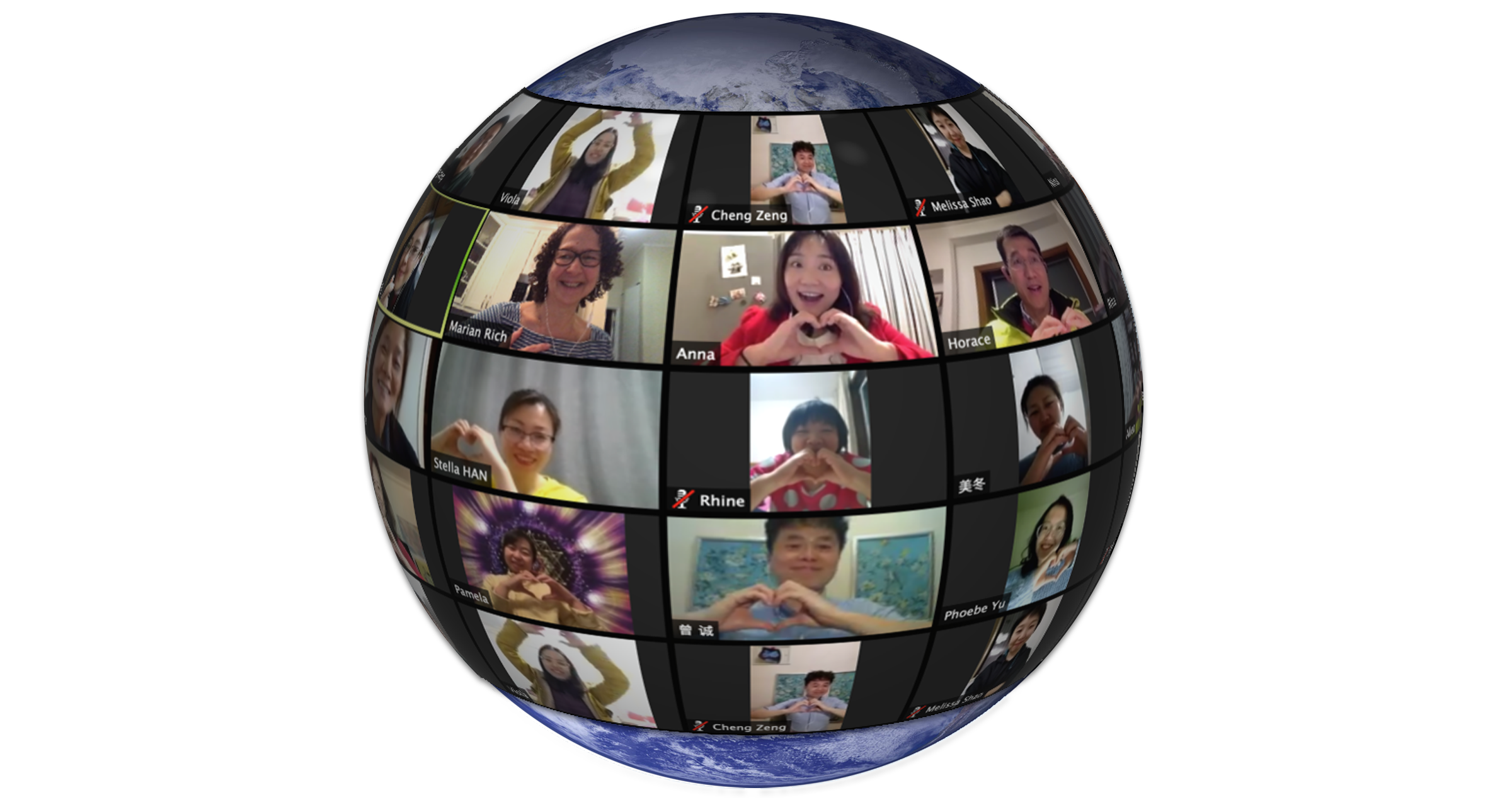The word from scientists is that the novel coronavirus originated in a pangolin or a bat. No one knows for sure. Meanwhile, there’s no question about who started the epidemic of panic — it was us human beings.
I’m not a scientist. Or a medical professional. I’m a former CEO, social entrepreneur, actor, developmentalist, and performance activist. If the latter is a new term for you, it means people who use theater, improv and performance “off-stage” to help create new kinds of conversations, communities and possibilities with people from all walks of life.
Our life circumstances are now heavily shadowed by COVID-19. Worldwide we have been instructed to stay home, cancel social gatherings, work remotely, practice “social distancing.” We’ve got to do this. We should do all that we can to stem the spread of infection and “flatten the contagion curve,” and fast.
But as someone who has advocated and coached clients to seize crisis moments as opportunities for transformational change and personal growth, I believe that we also need to do all that we can to accelerate the spread of community, connection and creativity. We human beings need ways to come together, consciously and creatively, to stem the panic and do some growing. And we’re seeing some beautiful stuff out there being done online; singing from balconies, sharing Broadway shows, and more.
Here’s a bit about the more. Since February, an international group of applied-improvisation performance activists have been facilitating online video-conference workshops in China with now almost 2,000 teachers, human resource execs, students, and others who have been quarantined, and are feeling lonely, isolated and depressed as a result. Improv professionals — myself included — from across the world helped to create virtual improv workshops to share the many emotions of this crazy time in Mandarin, English, and gibberish! We wrote poetry and made music, improvised games, and more. And as of this writing, more online “Improvising our Emotions” sessions are being organized in Italy, New Zealand, Japan, South America, Nigeria, Israel, the UK and elsewhere.
I bet some of you are saying, “You can’t be serious? You think playing improv games and talking gibberish is gonna help with this coronavirus crisis?”
Yes. Playing and improvising is nothing to sneeze at. It’s a powerful remedy and a prescription for human growth.
By playing and improvising together, we’re not just taking our minds off “the situation.” We’re asserting and expanding our human need and capacity to be with and create (hope and possibility) with others. Improvising teaches us to accept, collaborate, go somewhere new — unanticipated and unknowable. This sort of other-focused, unscripted play reaffirms our sociality, our creativity, and perhaps, most importantly in this moment, gives us practice at doing new things — doing what we don’t know how to do. Need further evidence?
- Study after study shows how people live longer and healthier, when they have relationships and social networks; they’re able to fend off illness, develop stronger immune systems, practice healthier behaviors
- More and more popular articles, psychology blogs and news features that demonstrate how improv and play are essential for mental health
- Improvisation helps with anxiety and panic, in both mild and extreme cases
- Learning how to improvise is key to successful disaster relief response
- Growing research reveals how improvising expands our brain function
Yes, our situation is frightening and uncertainty abounds. But the panic is making it worse.
Improvising with friends and strangers — whether that’s banging on drums on rooftops in Italy, or writing poetry together in Beijing — is a marvelous antidote to panic. We navigate the unknown and unknowable through building community — a beating, banging, musical heart in a world turned upside down. It strengthens us morally, intellectually, emotionally and politically — so that we can develop out of the crisis. My advice: Reach out — don’t touch — but start improvising! Write a poem. Make up a story, one word at a time with a friend on the phone. Find an online improv workshop. Laugh and cry (in gibberish).
Then go wash your hands.
Cathy Salit is a performer and a co-founder of Performance of a Lifetime. Her book, Performance Breakthrough: A Radical Approach to Success at Work (Hachette Books) is on sale everywhere books are sold.
Comments are closed.

